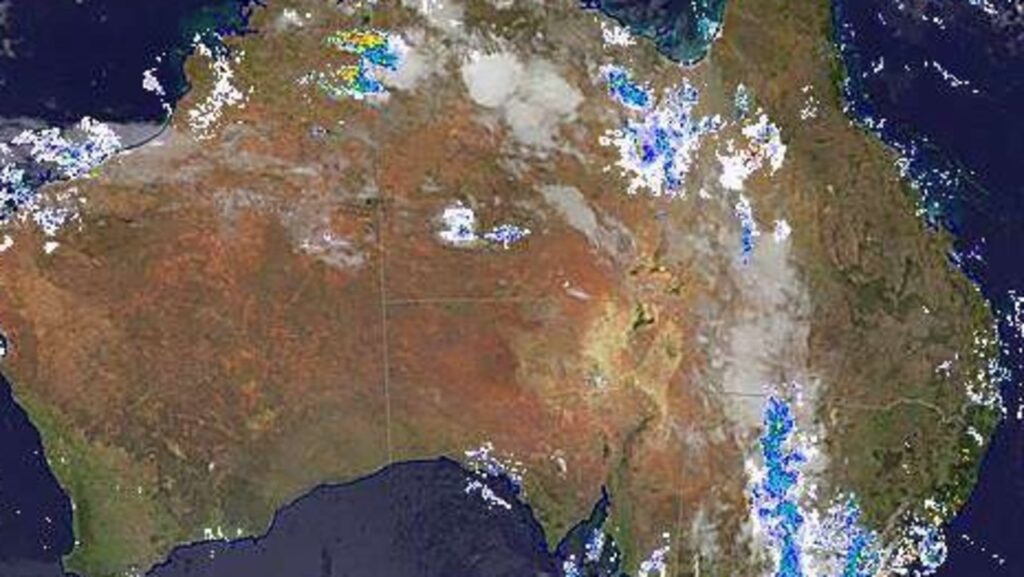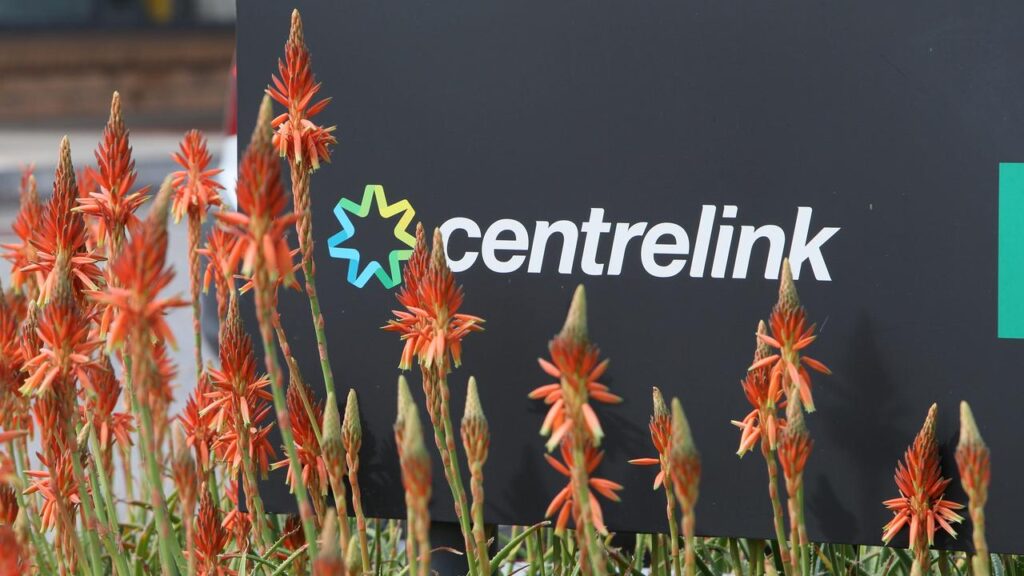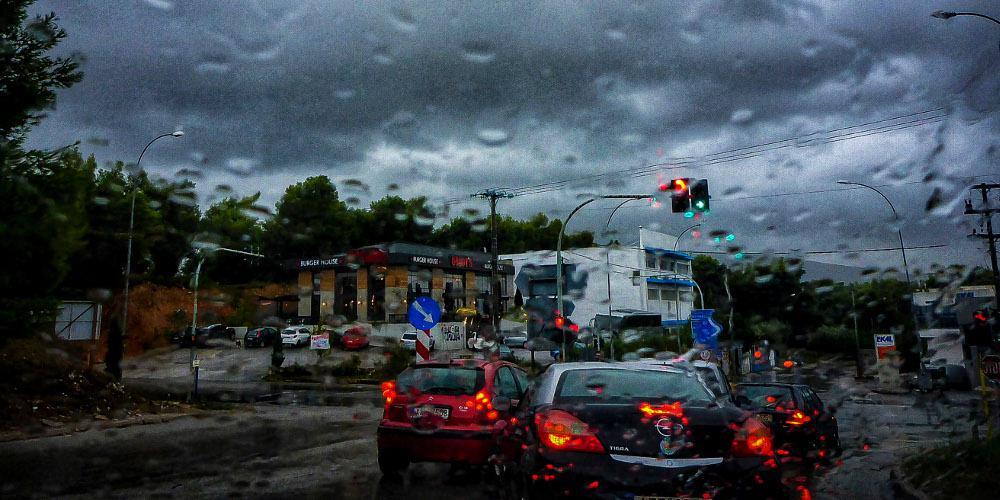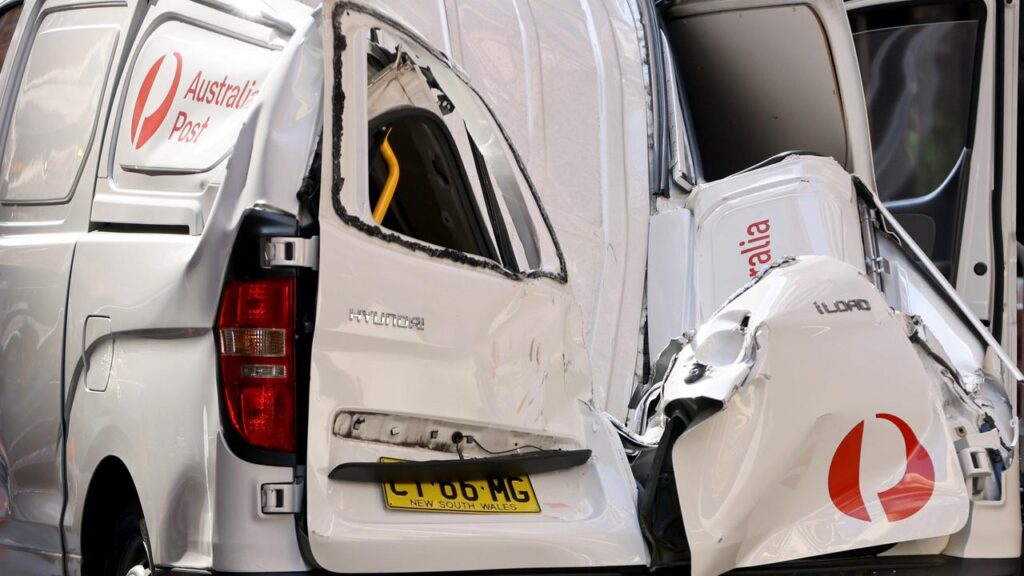Crypto ATMs popping up across the country
Written by admin on August 30, 2024
The number of cryptocurrency ATMs in Australia has increased 16-fold in the past two years.
Data shows nowhere in the world are machines popping up more frequently than in Australia.
More than 1200 of the machines now occupy space across the country, according to a company which tracks and analyses crypto data, Coin ATM Radar.
People can put cash into the machines and get crypto to their digital wallet, or sell crypto and get cash out.
The machines process a host of the major cryptocurrencies and their spin-offs, including Bitcoin and Lightning BTC, Ether, Ripple and Dogecoin.
But the machines are used by people to launder money, or more accurately deposit money and then hide it behind webs of transactions and using the encrypted nature of crypto.
Australia now has the third most machines in the world, with at least 1261, according to Coin Radar ATM.
The US has more than 35,000, and Canada has the second most with about 3000.
But nowhere is being flooded with the machines faster than Australia right now. The boom began about New Year’s in 2023, when barely 200 of the kiosks were in the country.
Earlier this month, the chief executive of US-based Bitcoin Depot Inc. told analysts the company had more than 200 of the machines in Australia waiting to be deployed. They were waiting for approval from the Australian Transaction Reports and Analysis Centre.
However, Commonwealth Bank, NAB, ANZ and Westpac have all put safeguards on how much crypto can be traded.
“Interest in cryptocurrencies has been increasing and we’re seeing a growing number of customers losing funds to cryptocurrency scams,” Commonwealth Bank announced in June 2023.
Australia’s biggest bank now declines or will hold for 24 hours certain payments to cryptocurrency exchanges.
“In other types of investment scams, customers think they are investing in particular investment categories other than crypto, however the scammer arranges for the funds to be paid to a cryptocurrency exchange instead,” Commonwealth Bank warns.







